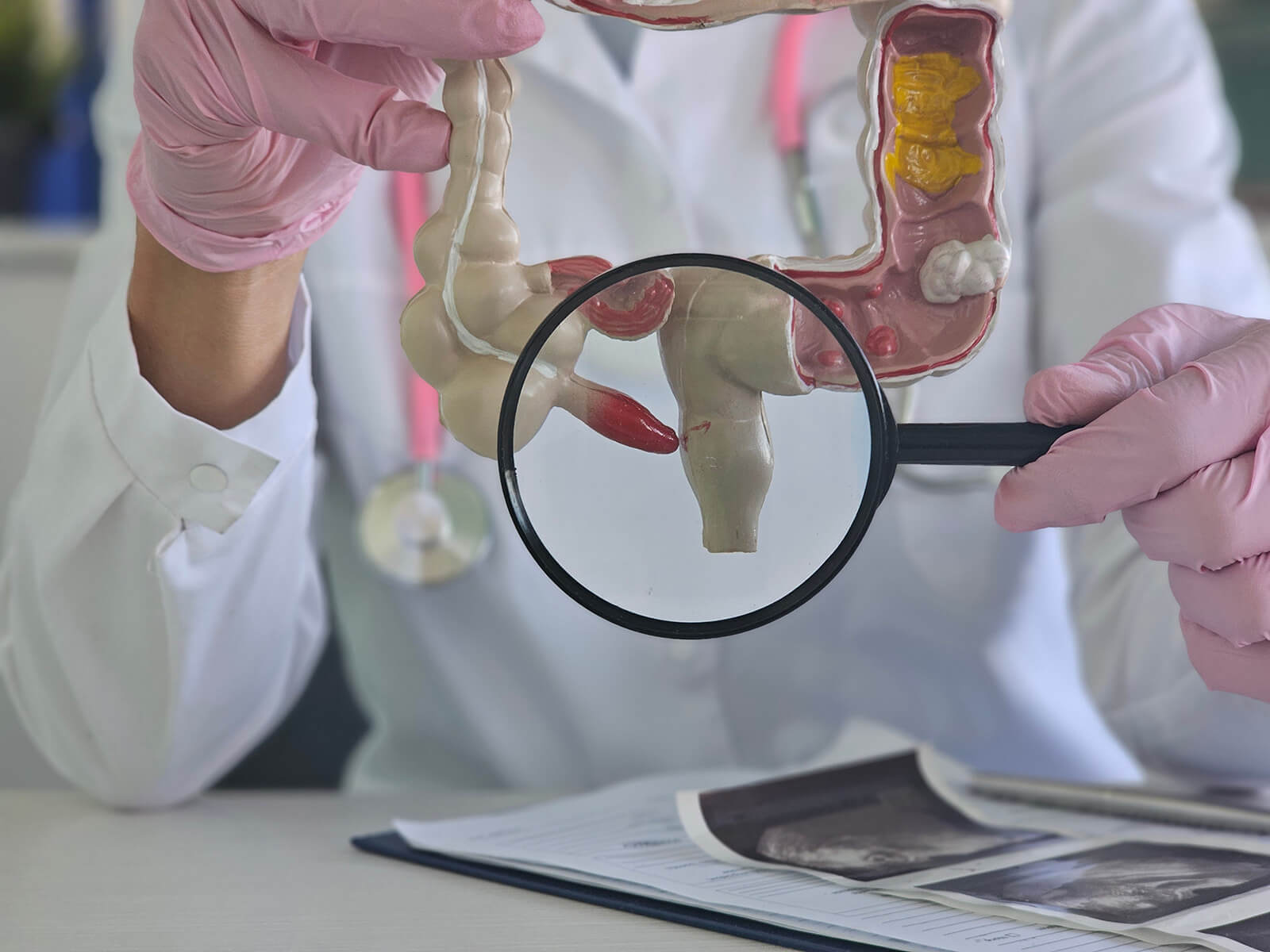
A diverticulum is a little pouch which develops in the wall of an organ-usually in the throat, intestine, bladder or urethra. It arises due to the pressure of the insulin pressing the lining through a vulnerable point in the muscular wall producing an outpouching that may be asymptomatic or cause symptoms and complications.
A large number of individuals that have a diverticulum do not exhibit symptoms. In case of certain symptoms, they depend on the place and size of the pouch. You may notice:
Diverticula develop when stress within a body organ presses against the inner lining with the outer wall in a point of weakness. The typical contributing factors are:
Do not be held up by the symptoms of the diverticulum. Request an appointment with the help of an online booking or call GastroDoxs in Cypress today so that you could receive prompt, personalized service. Our board-certified experts are also willing to offer you specialized diagnosis, caring care, and continuous care to help you feel better and attain sustainable relief and improved digestion.
We've successfully treated more than 1.5K patients, helping individuals improve their digestive health and overall well-being through expert, personalized care.
With over 20 years of experience, GastroDoxs has been a trusted provider of gastroenterology care, focusing on delivering the best outcomes for patients
The diverticulum takes the plural form of diverticula.
In the small intestine, a pouch in the form of Meckel’s diverticulum is a birth defect. It is the rule of 2s: It occurs in approximately a 2 percent of individuals, is approximately 2 inches in length, and is approximately 2 feet below the ileocecal valve.
When Meckel diverticulum gives out pain, or bleeding, or other complications it is often advised that it is removed giving up a surgery-usually through a laparoscopic operation of the least invasiveness.
The diverticulum referred to by Zenker is a pouch that develops behind the throat (pharynx), and this might result in swallowing problems and aspiration.
A diverticulum is usually diagnosed in Zenker by means of barium swallow X-ray which sketches the pouch on a radiograph.
The diverticulum of Zenker might be endoscopically (by using a scope) removable or surgically removed (open surgery) where the pouch and end of the pouch is divided into two parts to allow normal swallowing.
Yes. Ultrasound has proven to be efficient in imaging of the bladder wall pouches (diverticula), their size, and any complications related to them.
Consultation should be attended in case of abdominal pain (or pain in the lower left), bowel movements, bloating, fever, and blood in the stool.
Dietary intervention: high-fiber diet, augmenting in fruits, vegetables, and whole grains colon-reducing pressure and decreasing your risk of getting diverticula issues: drinking enough water, exercising.
GastroDoxs in Cypress has board-certified gastroenterologists that diagnose and treat all forms of diverticula with a personal approach and expediency of testing and treatment.